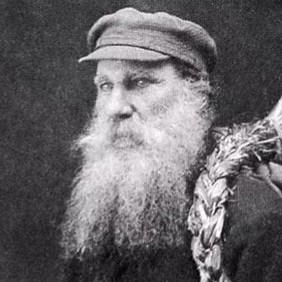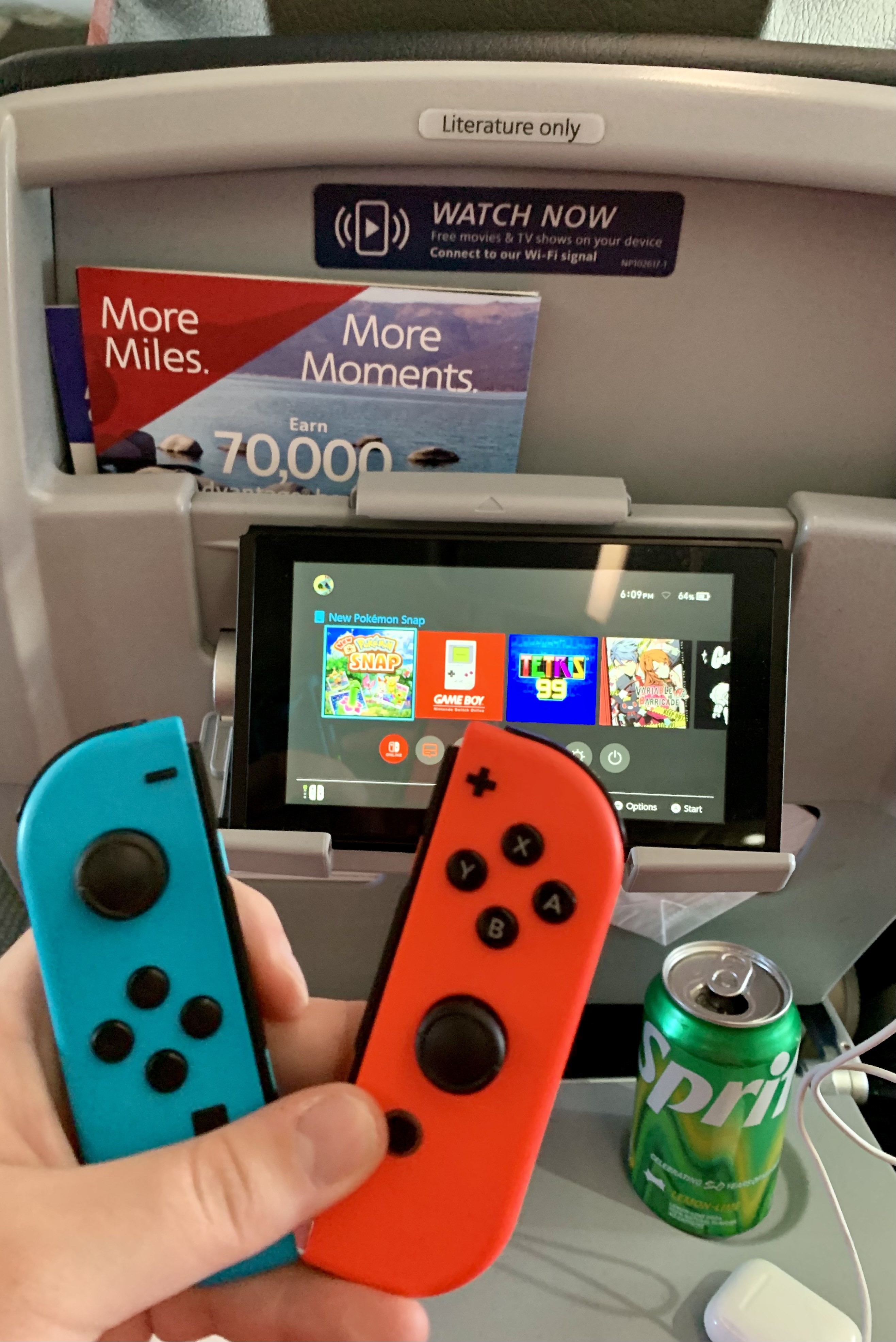I can think of two:
- Speaking multiple languages, and
- Perfect pitch
Both are more easily learned at a young age. Are there others?
-
Playing a musical instrument:
Easier to learn when young and improves brain elasticity.
-
Cooking:
Encourages healthier eating habits, decreases frequency on costly meals out, and makes learning to cook new things less intimidating.
-
Fixing things / building things:
Once you start taking things apart or putting them together (doesn’t really matter what) it increases the confidence of being able to do your own repairs / maintenance instead of paying others to do it.
Nitpicking: I’d rephrase “playing an instrument” to “playing a first instrument”. I struggled as heck to learn the guitar as a young adult, while kids in my music class were having a much easier time; but once I got it after a while, all instruments I learned after that, even in my 40s, were a ton easier.
Interesting, thanks for sharing!
Add to that, learning a language.
-
Thinking like a scientist. Critical and evidence -based thinking and action can be unintuitive at times - but it’s the most realistic way to perceive reality. It needs practice, but is tremendously helpful. And the world also really needs it.
Swimming is much easier when learning at a young age.
Social skills in general. If you don’t learn to trust and form relationships with people and resolve conflict early on, you struggle your entire life to emulate it poorly.
You’re absolutely right.
Social skills.
Its a lot harder to fix poor social skills as an adult than it is when youre a kid.
Absolutely this.
Too few role models on how to act like a well-adjusted and reasonable person. When the smallest social misconduct happens today it’s like people want to either explode into a fit of rage or implode into this crying mess.
Getting a good eye on priority comes from socializing out in the world and or volunteering your time and energy for something that doesn’t pay you money but helps someone in need. It can teach so much at such a young age because you’re surrounded by some of the best and worst people you’ll ever meet.
Language, other than one’s native tongue.
Great one. Very difficult to speak a language without an accent unless you learned it young.
Problem-solving real problems and self-advocacy. Makes the real world 100 times less intimidating when something goes wrong, like it will pretty much every day.
Playing an instrument. It’s rare for anyone who didn’t learn young to be great.
Times tables/multiplication tables. I learnt them when I was really young - I had pneumonia as a child and I would have my back massaged for a short while…during this, I would read thetimes tables… being able to do any multiplication like speech has been invaluable. Raising my own kids and working with them to learn them… with one knowing them well and two not so well and unwilling to learn them have now come into high school and working with fractions etc it is having a toll… times tables
Refusing candy from strangers
You can’t learn perfect pitch, but you can perfect relative pitch
Juggling is pretty cool, and I hear it’s like riding a bike, you never forget.
But I never could, so I don’t know
Riding a bicycle and/or skating. Helps enhance balance skills.
Strangely I learned to ride a bike at age 4 and a unicycle at age 17, but for some reason I can’t skate to save my life 😂
I find 2x2 skates very difficult to balance in. in-line skates are actually easier.
Oh great point. I’d add skiing to that category.
I picked up skateboarding at 20. Surprisingly easy if you spend a little time falling over
Honestly the wheels were too loud and distracting for me. I got into BMX flatland, much quieter sport when practiced alone, I could focus…
oh I use a longboard with big fat wheels. Quiet. Mountain biking is even quieter and you get away from the city
Teamwork, basic survival skills and knowledge of nature. (I was in boyscouts)
Learning to drive. I’ve met a few people who didn’t learn to drive until their late 20’s or 30’s and there always seems to be some awkwardness to their driving. On the opposite side, learning to drive at 16 seems to encourage reckless habits to form, people I’ve known who waited until 18 have much better driving habits on average.









